Homeowners
What First-Time Homeowners Need to Know About Their Property
December 11, 2024
After you purchase your first home, it’s hard to know what to do first: Place that big IKEA order? Plant some flower beds? Or should you focus on the less exciting stuff?
There are a few things that first-time homeowners should know that no one may have told them about when they were purchasing their new home. This includes making sure they focus on home maintenance, knowing where all the important valves and systems are in the home, understanding local laws, among other things.
“It’s easy to get caught up in decorating and making your new house feel like home, but setting up a simple routine for essential maintenance will save you future headaches,” said James Marino, general manager of Pinnacle Home Improvements. It has six locations in the South.
So, what should successful first-time buyers know so they can become successful first-time homeowners?
Plan home maintenance
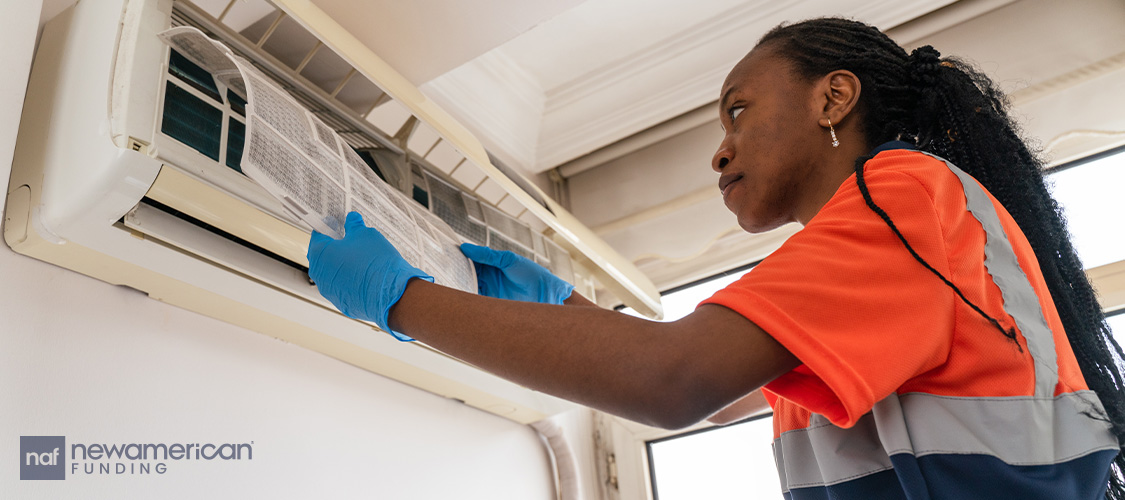
Maintenance may not be glamorous. But putting off things like servicing your boiler or having your gutters cleaned out could wind up costing you more money in the future if there are problems.
Take an afternoon to walk around the new home and note everything that will have to be maintained. You should look for things like gutters, smoke detectors, and HVAC filters.
Write these items down along with how often they need to be changed or checked up on. Add those checkup intervals to your calendar so that you don’t forget about them.
Maintaining the basics “can make a world of difference in how your home functions over the long term,” said Marino. “Think of it as building good habits early on.’’
Know where the essentials are in your new home
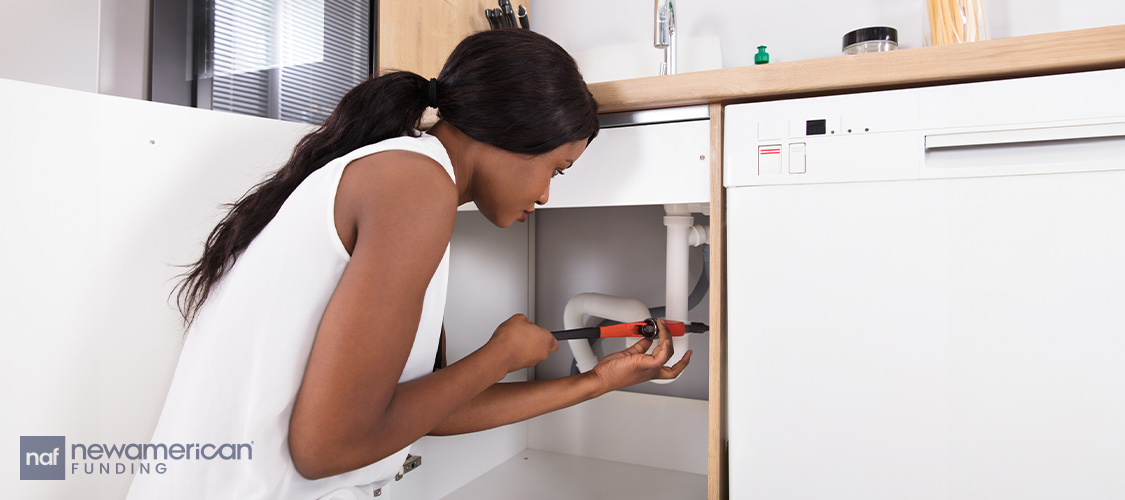
Continue your home tour by looking for your home’s shut-off points, valves, and essentials. Knowing how to turn off your water, electricity, and gas can be crucial in an emergency.
“The last thing you want during your first stormy night is to be fumbling around trying to find the circuit breaker,” said Marino.
You also want to familiarize yourself with the different systems in your home and learn how they work.
Consider reading through their manuals (many can be found online) to get a picture of how they work and what they can do.
These essential—and expensive—systems keep your home running smoothly. So, it’s important to understand the basics.
Learn about local laws and regulations
Your new home doesn’t exist on an island (unless you do, in fact, live on an island.) It’s likely part of a neighborhood, municipality, or both. And these groups may have rules that need to be followed, especially if you live in a homeowners association (HOA).
“City codes and HOA regulations governing things like where to put your trash cans, how tall your grass can grow, and what kind of holiday decorations you can put out are all good to know in advance,” said Nick Valentino, vice president of market operations at moving company Bellhop. It operates in 28 states.
City or municipality regulations can typically be found online or by contacting the city or county.
HOA rules and covenants should have been made available to you when you put an offer on the home. If not, ask a neighbor for help.
Don’t forget to meet the neighbors

Speaking of neighbors, it doesn’t hurt to say hello.
These are the folks who may be able to recommend the best maintenance and repair professionals—or even top-notch baby or pet sitters.
“Nobody's saying you have to be best friends with them,” said Valentino. “But getting to know a bit about your neighbors can go a long way towards establishing trust.”
Try to wave to them when you see them outside, and don’t be afraid to stop for a brief chat every once in a while.
A little bit of sociability can go a long way in getting occasional help or advice from some neighbors—not to mention they may be more likely to turn down their music or pick up your mail for you while you’re out of town.
Go slow
Purchasing your first home often comes with a flurry of big ideas on what needs to be done and what could be done. But you should wait before diving head-first into four home projects at once.
You may want to prioritize must-do projects that involve things like HVAC, plumbing, electricity, and structural issues.
However, you may be able to wait on that kitchen facelift or bathroom renovation. Give yourself (and your budget) a few months to get settled in your new home. You may find that that kitchen facelift needs to be a lot different than you first envisioned, if it’s even still needed at all.
“Pace yourself,” says Marino. “Plan your spending and tackle projects one at a time. You’d be amazed how giving yourself a little space to live in your new home helps you understand what upgrades or changes will really improve your day-to-day life.”
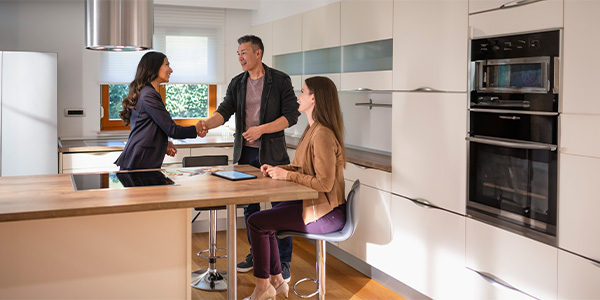


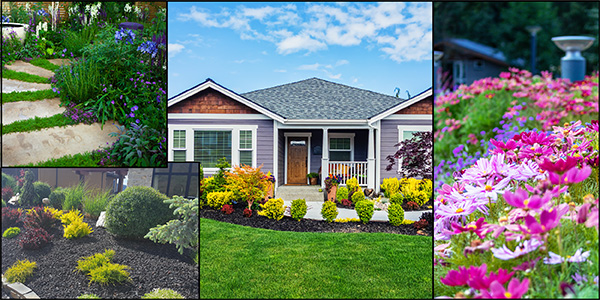
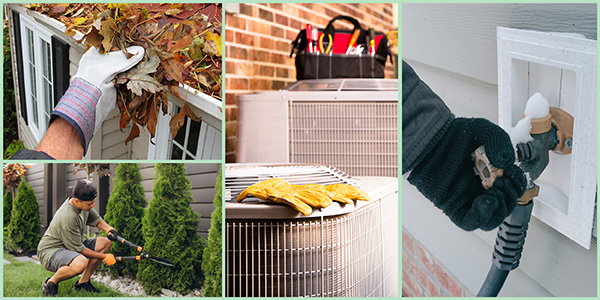
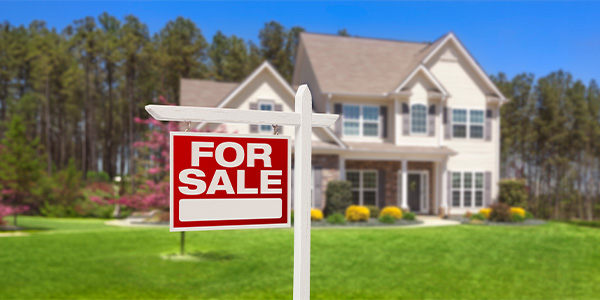
 Smart Moves Start Here.
Smart Moves Start Here.